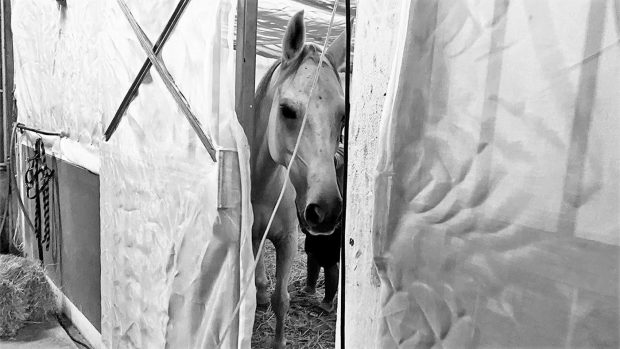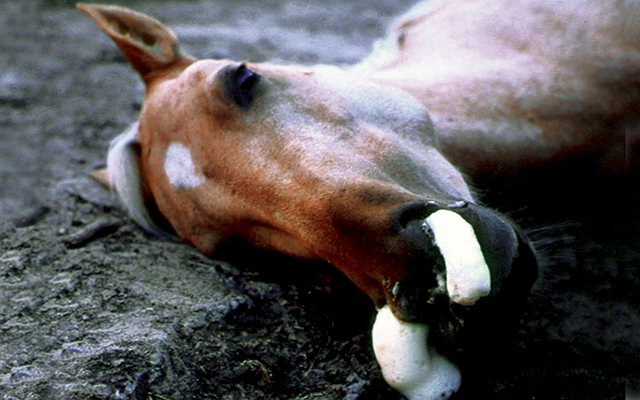If African Horse Sickness (AHS) reaches the UK your horse will not be automatically culled, the government and the horse industry have agreed.
Defra was praised by the equine sector for heeding advice outlined in a study that showed AHS could wipe out at least half of the UK horse industry and cost the country £3.5million in lost revenue if policies outlined in the European directive on AHS were employed.
The government will invite comments on its strategy for dealing with an outbreak — the African Horse Sickness Regulations 2010 — before Christmas, but the British Horse Industry Confederation (BHIC) says it is an excellent example of the government working with the horse industry.
The draft Defra regulations state there would be no mandatory cull of animals on infected premises unless the secretary of state chooses to request it.
The other important concession, said BHIC chairman Professor Tim Morris, is the proposal that some licensed movement of horses could take place within protection zones around infected premises.
“We could keep racing and horse sport going, albeit with extra bureaucracy,” he said.
The horse industry’s AHS working group commissioned a report into the impact an AHS outbreak would have on the horse industry (news, 30 July).
The results, released on 1 December, show racing and horse sport would be the most severely hit if strict movement restrictions were imposed.
Racing makes £3billion and generates £300million in tax each year.
If horses could not travel because of movement restrictions, racing would grind to a halt. Within 18 months to two years the racing industry would collapse, the report surmised.
Similarly, because 30% of the UK’s horses are involved in sports, from eventing to vaulting and reining, horse sport would also collapse within two years.
This article was first published in Horse & Hound (10 December, ’09)




